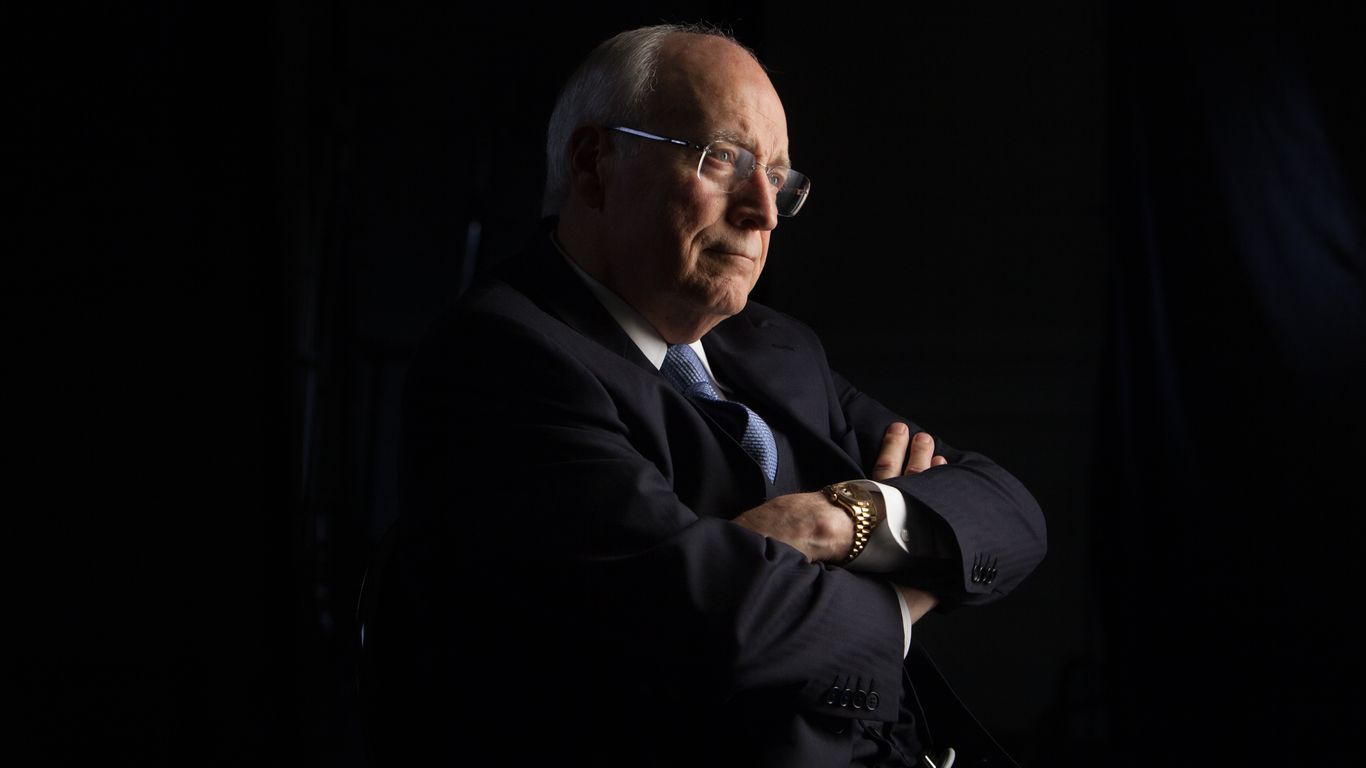
"Beyond Iraq, Cheney's was a frequent champion of displays of U.S. force overseas and a consistent advocate for a president's right to order them with minimal congressional oversight. In the aftermath of 9/11, Cheney helped shape nearly every element of the "global war on terror," from the expansion of surveillance powers at home to the indefinite detention and torture of suspected terrorists at black sites overseas."
""Cheney never bought into the ideological part of neocon-ism," says Richard Haass, a top State Department official in the run-up to Iraq and president emeritus of the Council on Foreign Relations. "There were those who favored the Iraq War to spread democracy. Cheney wasn't one of them. For him, it was about avoiding a terrorist incident involving weapons of mass destruction," Haass told Axios. "In that sense, he was he was hawkish, he was interventionist, but his purposes were narrow.""
Dick Cheney championed displays of U.S. power overseas and consistently advocated for presidential authority to order military actions with minimal congressional oversight. After 9/11, Cheney helped shape the global war on terror by expanding surveillance powers, enabling indefinite detention, and supporting torture at overseas black sites. He served as defense secretary at the Cold War's end and as vice president thereafter, during a period of strong confidence in U.S. global influence. The prolonged interventions he supported contributed to eroding belief in America's ability to dictate outcomes. Cheney prioritized pragmatic hard power over ideological nation-building and influenced later administrations favoring limited, targeted interventions.
Read at Axios
Unable to calculate read time
Collection
[
|
...
]